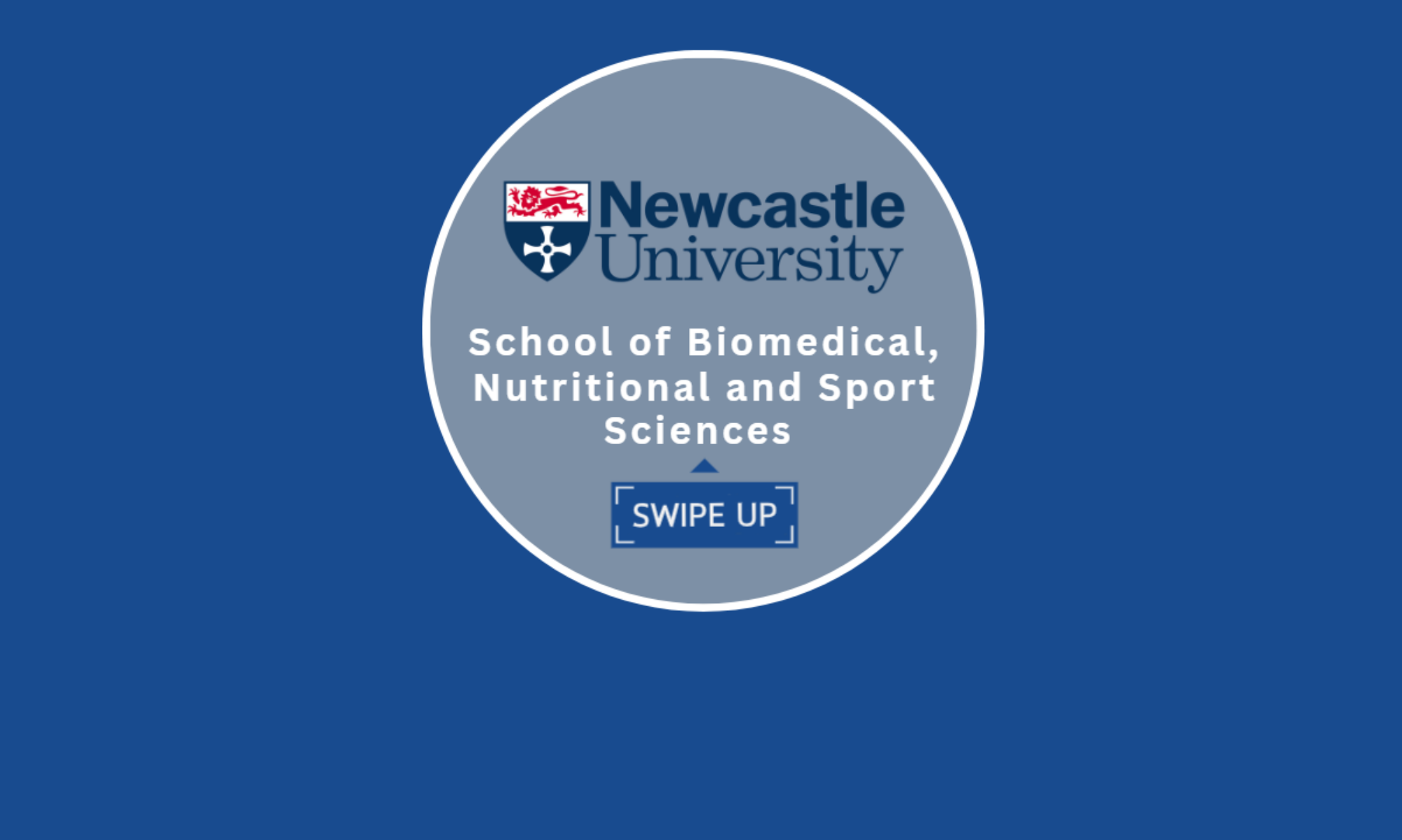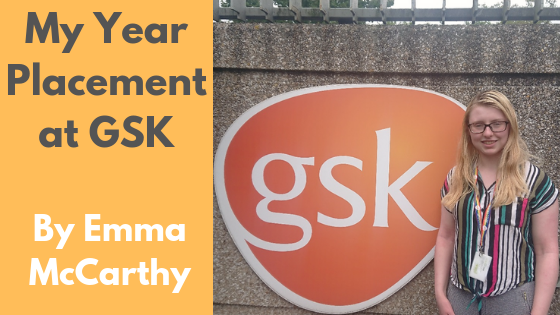By Emma McCarthy
“Hey, it finally worked!“
I look at the screen and smile. After an intensive six-hour lab session involving lots of careful pipetting, I’m ecstatic that the experiment I’ve spent weeks on has succeeded at last.

At the moment, I’m based in a biology research unit at GlaxoSmithKline (GSK), one of the biggest pharmaceutical companies on the planet. I’ve been on placement here for over nine months; I still can’t quite believe it some days.
Inflammation
Ever noticed what happens when you get stung by a wasp, sprain your wrist, or come into contact with something you’re allergic to? The affected part of your body can often swell, redden, and grow hot to the touch as well as becoming painful and sore.
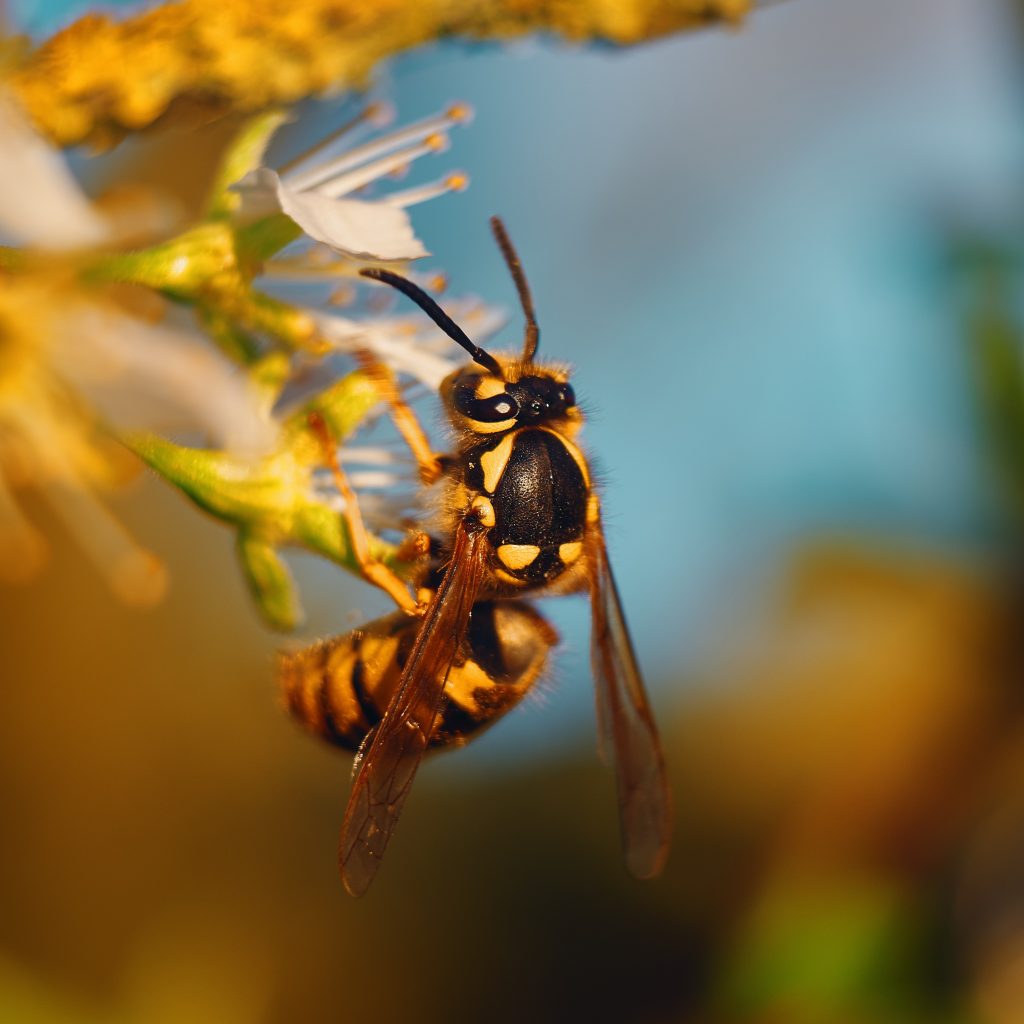
If this happens, you’re experiencing inflammation; it’s your body’s response to infection or injury, and is important for getting rid of the trigger as well as repairing any damaged tissue. Only sometimes, your immune system goes overboard, which can lead to chronic disease.
My project
My research relates specifically to inflammatory bowel disease (IBD). I’m looking at a protein called a receptor that binds to certain molecules, sending signals that promote inflammation in the gut. If we can block this receptor, we may be able to reduce the inflammatory response, making it a good potential drug target. My most recent experiments have had me growing multiple cell types and screening various antibodies to find out if they bind to this specific receptor.
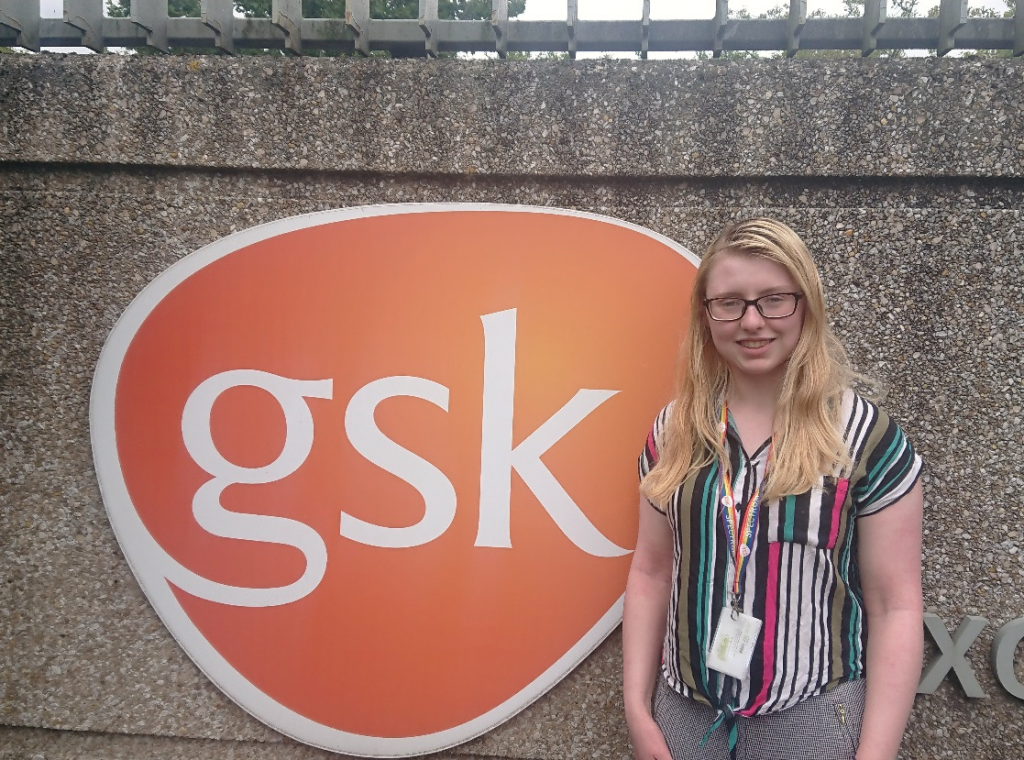
My results have provided the data we need to take this antibody forward in the project – it will be useful not just for my end of year report, but the larger project into which GSK has invested a lot of time and money. Hopefully my work will contribute to the development of a new medicine to combat one of the many inflammatory diseases which have become more common in recent years.
Placement life
Life on placement is a world away from what goes on at uni. There’s always new and exciting challenges; one day I might be giving an important presentation in a team meeting, and the next I’ll spend trying to master a new experimental technique.
Although things can sometimes be tricky, the people at GSK are always eager to help you out if you’re a bit stuck, whether it’s with an experiment, analysing data or just a particularly difficult theoretical concept.

My supervisor in particular has been invaluable during my time here; we’ve had weekly meetings to talk about my results and come up with ideas for future experiments. Although I’ll admit I felt awkward asking what I thought were silly questions at first, she’s made me feel totally at ease, and has really helped drive my development while I’ve been here.
The practical side is very different to anything I’ve ever experienced. In school or university labs, you get told exactly what to do, you know what kind of results to expect, and if it didn’t work, it’s usually because you didn’t do it quite right. In short, it’s like following a recipe in a cookbook.
Working in science? At times it resembles the technical challenge on Bake Off, you have the basic components and a vague idea of what’s involved, but sometimes you have no idea what to use or how much, and a couple of steps are missing entirely.
You just use your theoretical knowledge and past experiences and hope it doesn’t turn out to be a disaster…

That being said, I know that if I get stuck, there’s a plethora of experts at GSK who are always happy to help out by offering advice or showing me how to perform an experiment; I’ve even been able to lend them a hand once or twice!
Social life – ‘getting paid means I can actually afford to go shopping!’
The social side doesn’t get neglected either. I work 9-5 (with the occasional late stay to finish an experiment), so I can’t exactly go shopping on a Tuesday afternoon like I could back at uni. However, I know that once I leave work, I can go and have fun with my friends without feeling like I should be working; my time is entirely my own. Plus getting paid means I can actually afford the shopping!
I live with three other placement students and there’s several more in my department, so I’m never stuck for someone to hang out with!
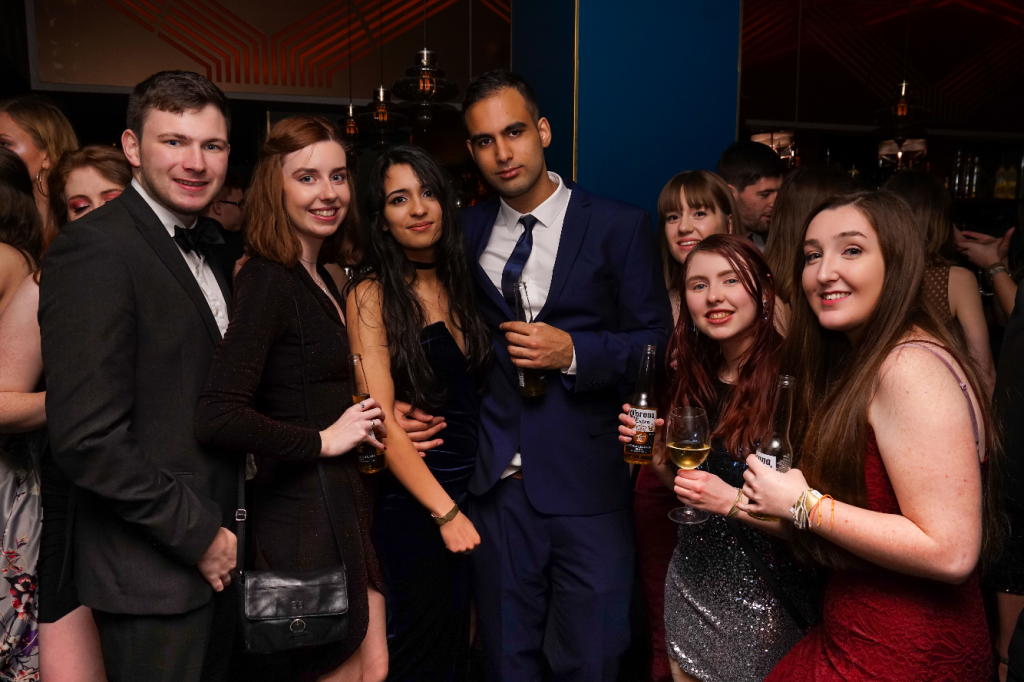
My future
Even though I don’t know what I want to do once I graduate (a placement’s good for putting that decision off 😉), I now know a lot more about the sort of routes people take once leaving university. I had the chance to attend a conference on infections and immunity at the prestigious Francis Crick Institute where I listened to talks from several high-profile academics, which is where I could end up if I do a PhD.
Alternatively, I’ve had the chance to listen to several talks from GSK employees working in data management, sales & marketing, and procurement, which are all very different experiences compared to R&D. But whatever I end up going into, I know my placement year has given me the valuable experience I need to get my foot in the door.
I would absolutely recommend doing a placement-I’ve learned so much and had such a blast this past year; I’m looking forward to seeing what the rest of my time here brings!
